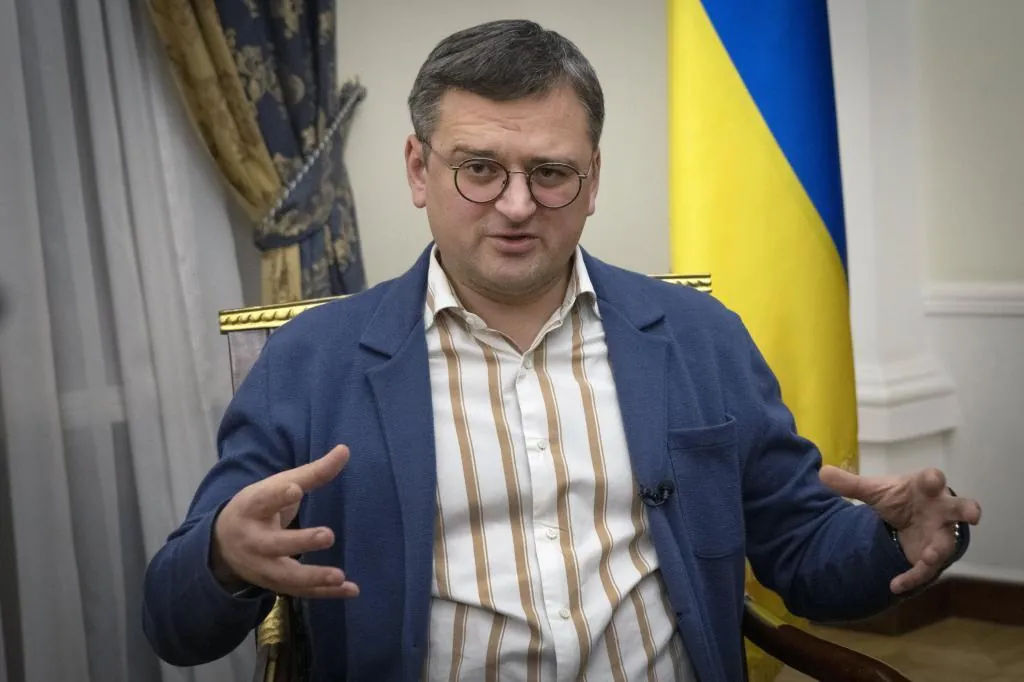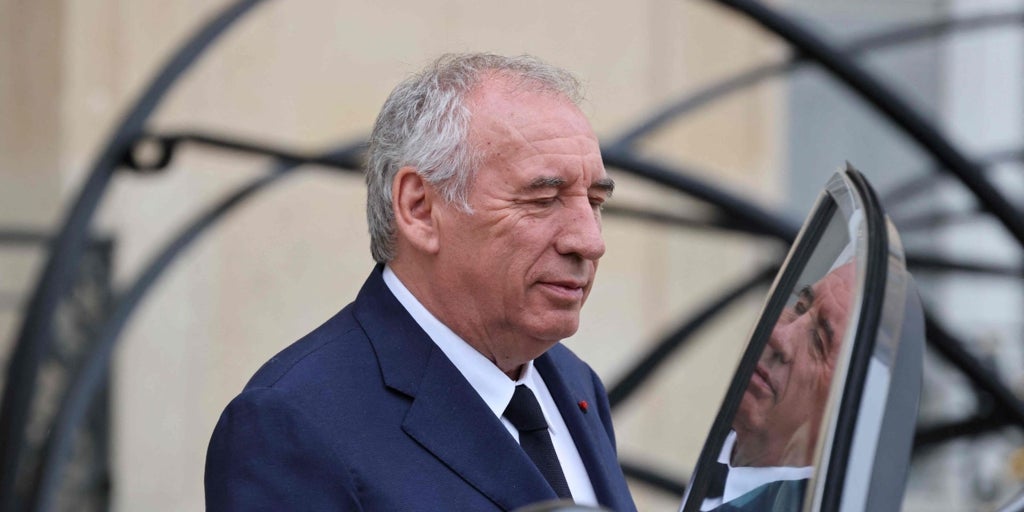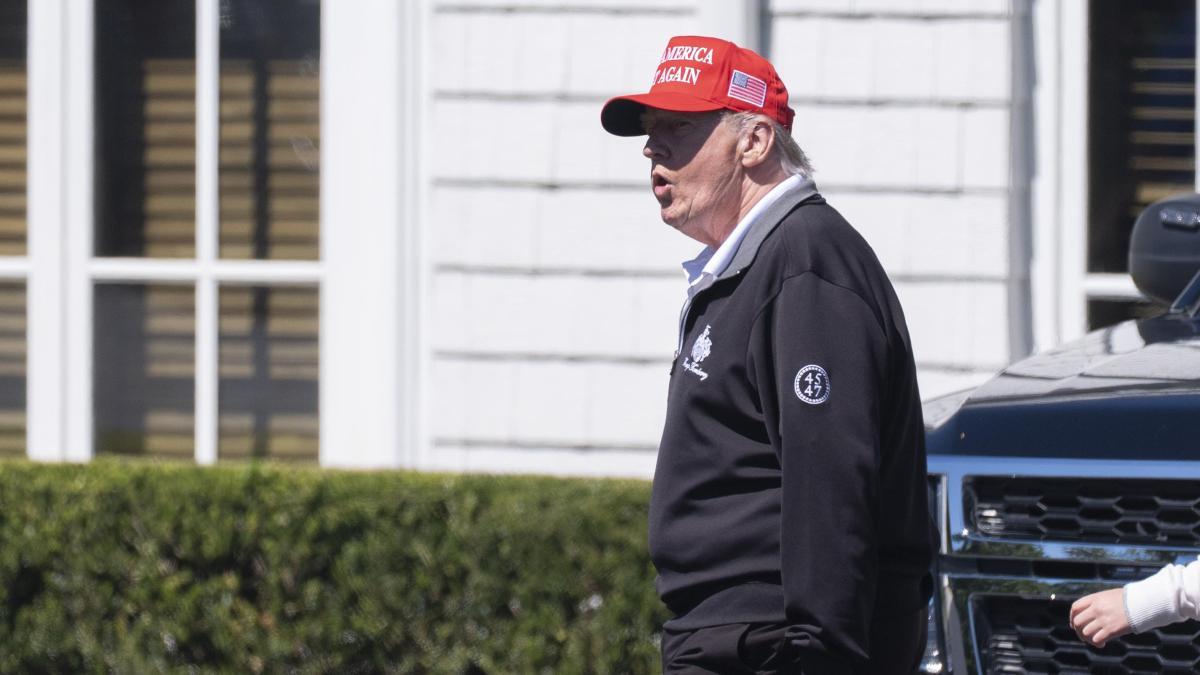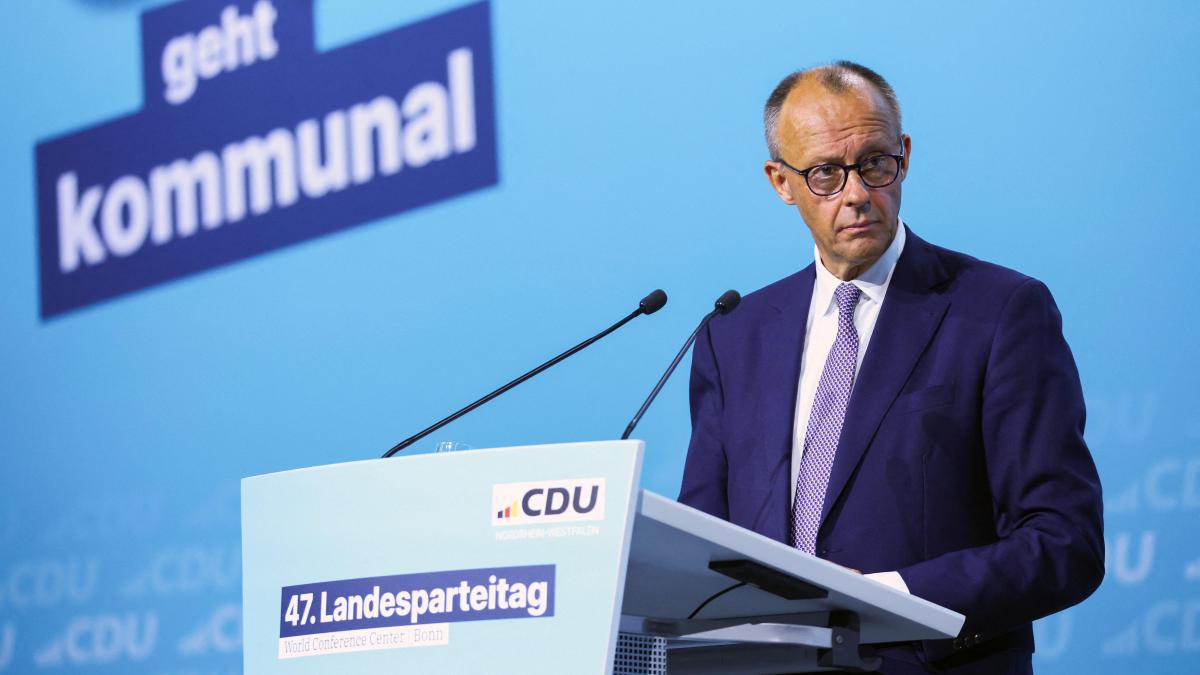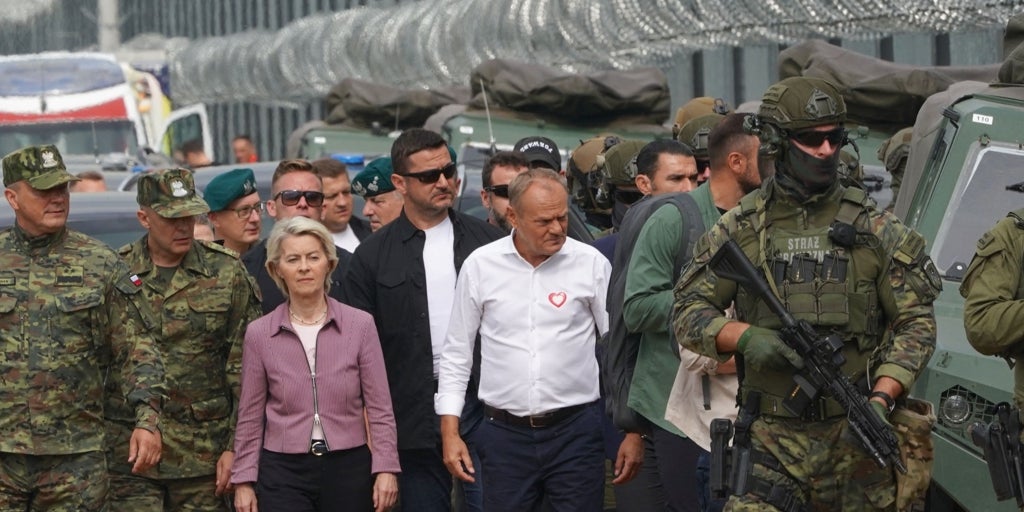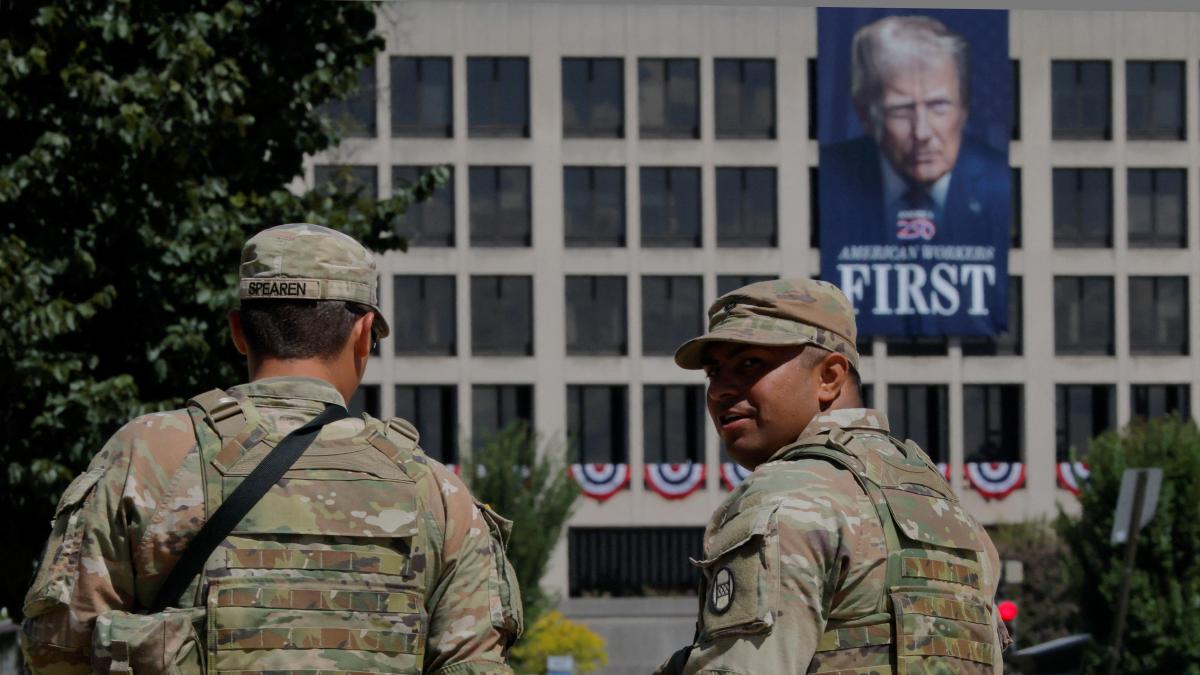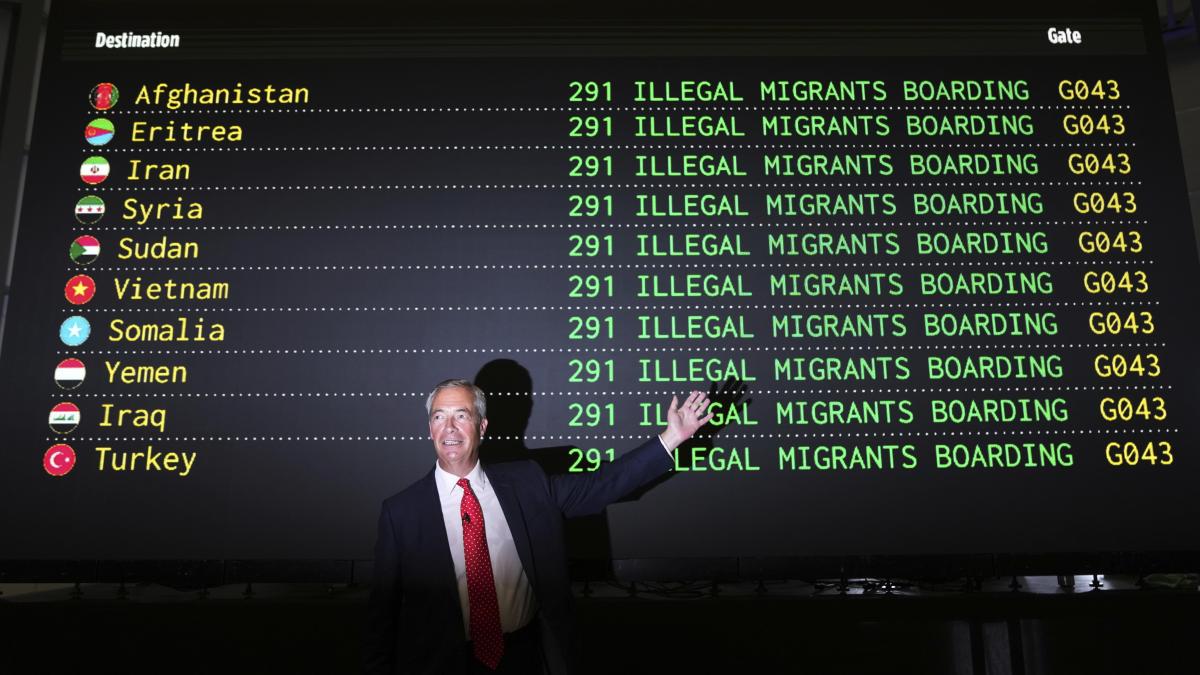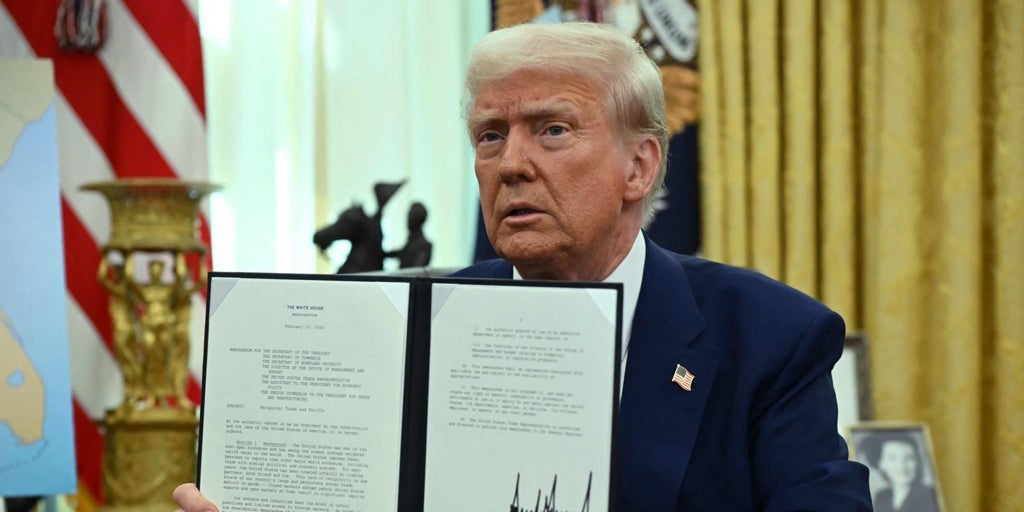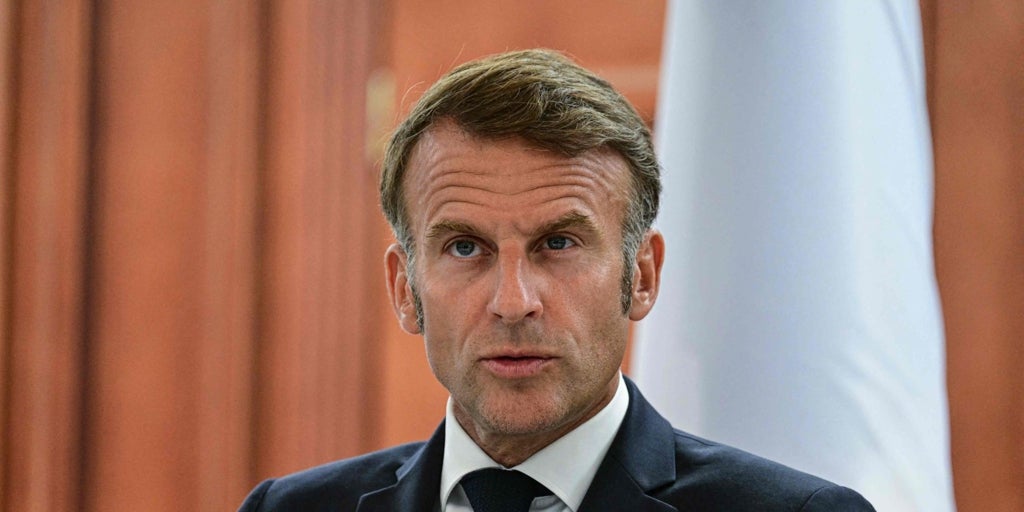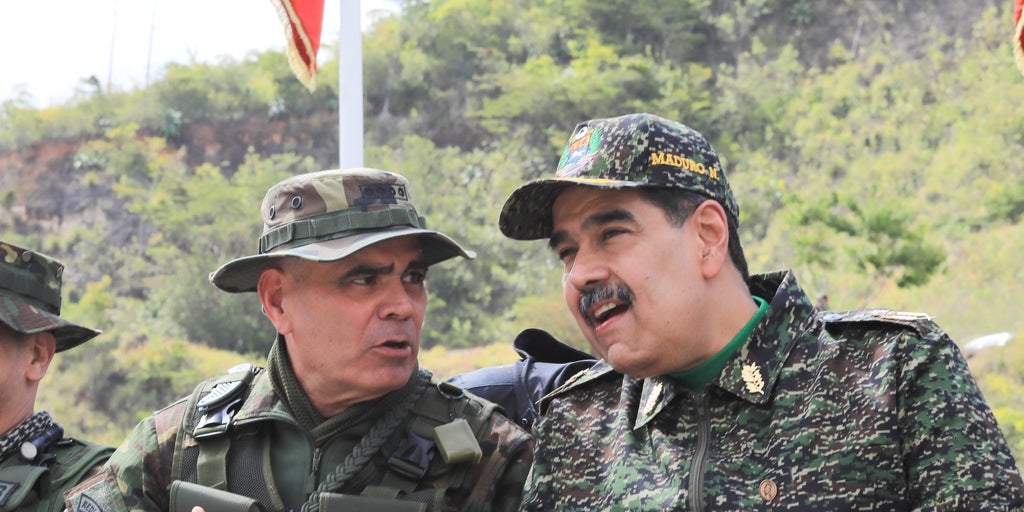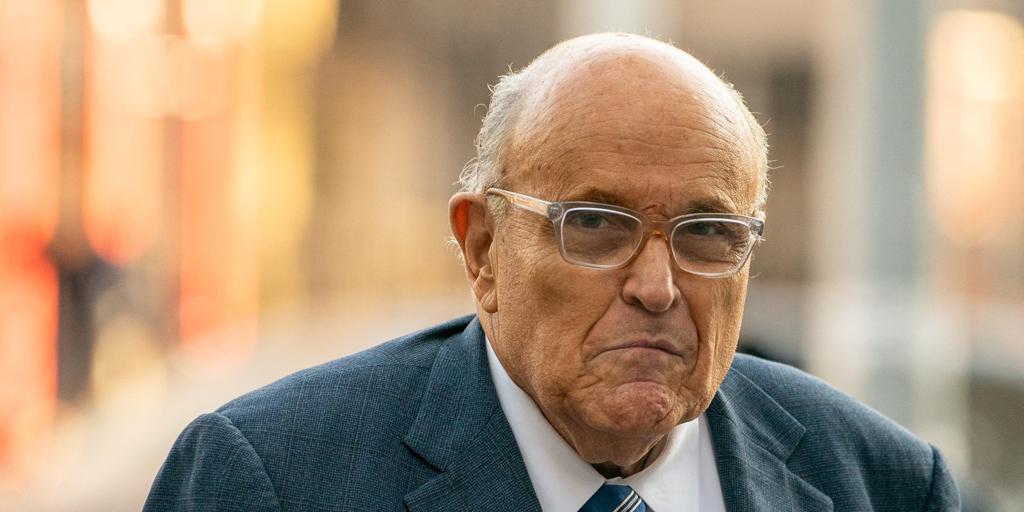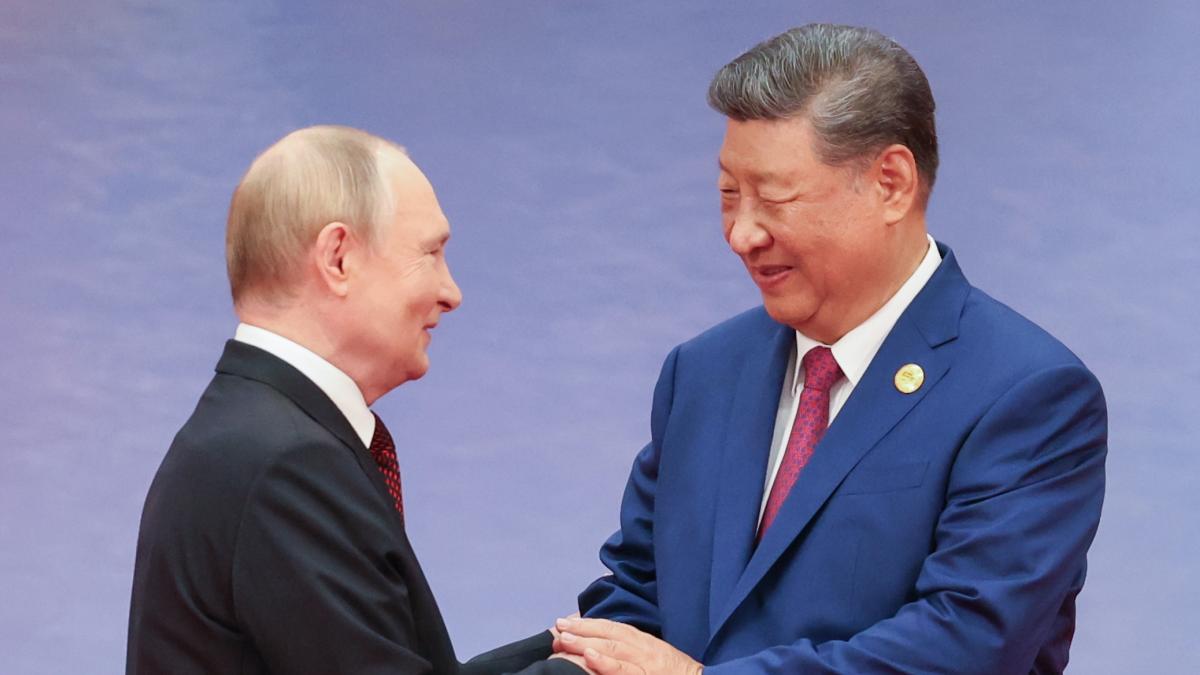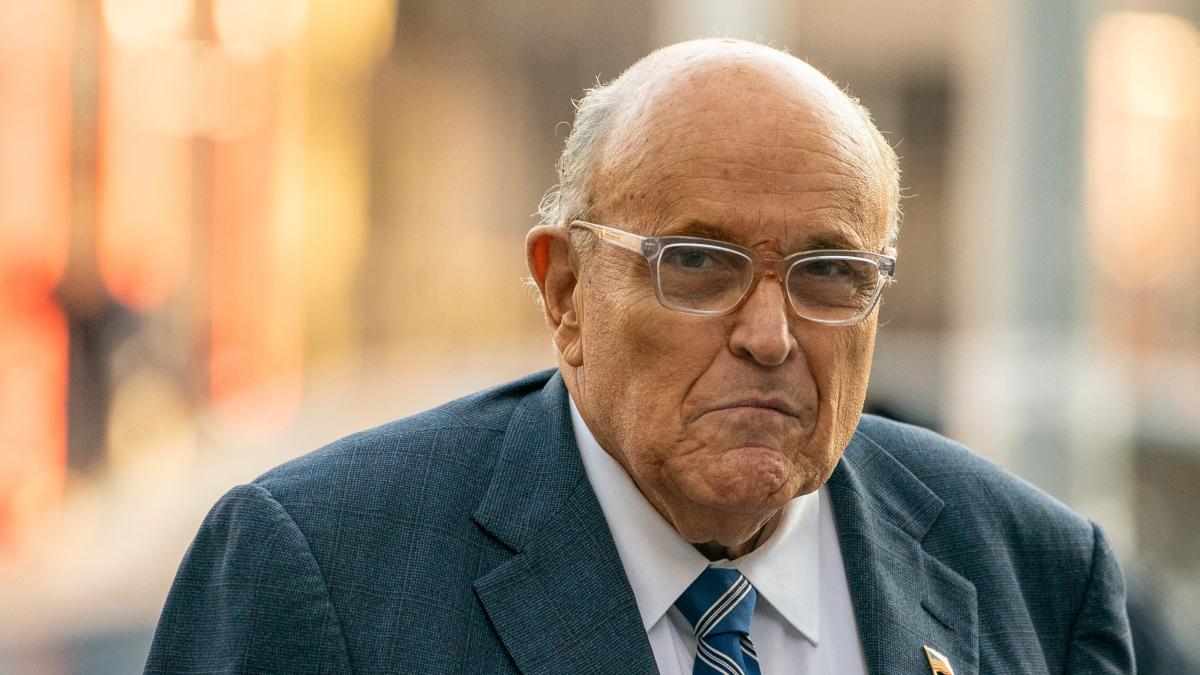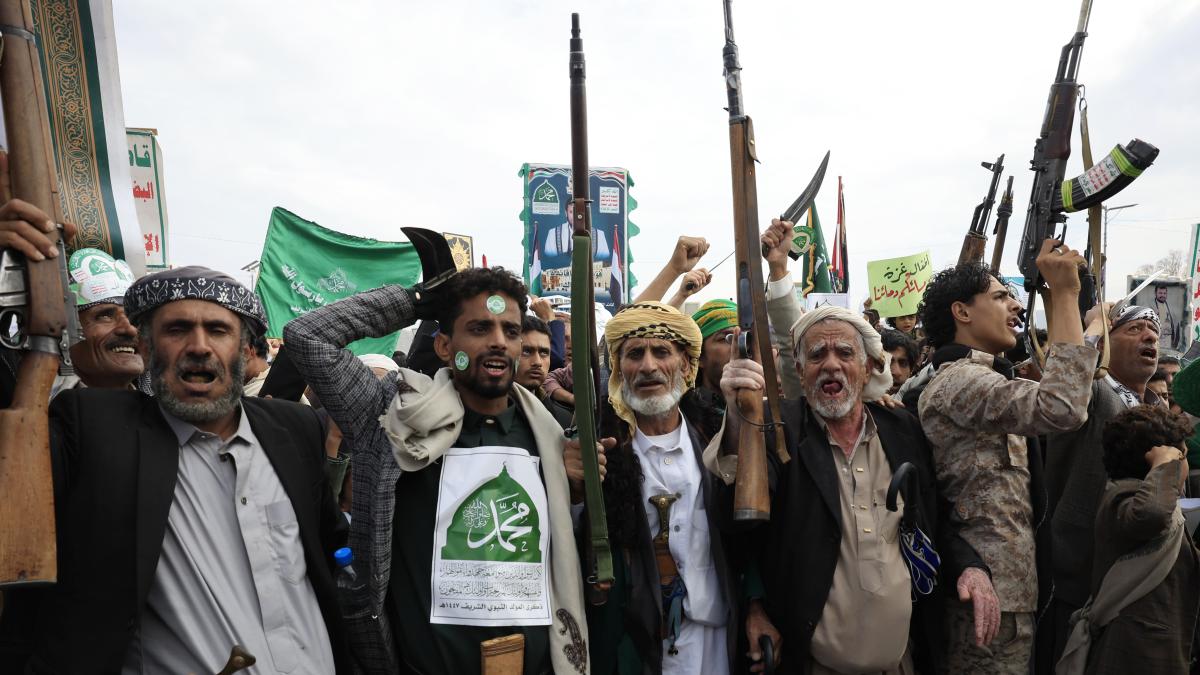Dmytro Kuleba, Former Ukrainian Foreign Minister: “No Agreement that Permits Ukraine’s Survival Will Please Putin”
Updated:
Dmytro Kuleba (born April 19, 1981, in Sumy, Ukrainian SSR) held the position of Foreign Minister of Ukraine from 2020 until September 2024. Kuleba’s diplomatic career has been marked by a staunch commitment to Ukraine’s sovereignty and a firm stance against Russian aggression. He states unequivocally that no agreement that allows for Ukraine’s continued existence will ever suffice to appease Russian President Vladimir Putin. “In the meantime, we can cool the war,” Kuleba emphasizes, suggesting that dialogue is essential even amidst ongoing hostilities.
The NATO Dilemma
Kuleba has refuted the notion that Ukraine’s aspirations for NATO membership or the provision of military aid amounts to provocation. Instead, he argues that Russia has continuously escalated the conflict on its terms, irrespective of Ukraine’s actions. This perspective is pivotal in understanding the dynamics between NATO and Ukraine. Following the annexation of Crimea in 2014, Ukraine shifted towards NATO, recognizing the necessity of a strong defense partnership amid existential threats.
Historically, Ukraine joined NATO’s Partnership for Peace in 1994, solidifying its commitment to transatlantic cooperation. However, under previous administrations, Ukraine embraced a neutral stance; it was only after Russia’s aggressive maneuvers that intentions towards NATO membership crystallized. Finland’s recent NATO membership offers a precedent—despite concerns, it did not provoke any violent retaliation from Russia.
Putin’s Obsession with Ukraine’s Sovereignty
Putin’s ire towards Ukraine is rooted deeply in historical and ideological convictions. He has publicly dismissed Ukraine’s legitimacy, often framing its sovereignty as a Western imposition. In his eyes, any accord that lets Ukraine stand as an independent entity is fundamentally unacceptable. While Putin portrays himself as a defender of Russian security, his actions suggest a desire to dismantle Ukraine’s autonomy altogether.
Kuleba’s observation reflects the broader geopolitical reality; any negotiations that suggest coexistence with an independent Ukraine would only add fuel to Putin’s longstanding grievances. As the war continues to unfold, Kuleba emphasizes the need for realistic dialogues aimed at de-escalating tensions, despite the overwhelming belief that it would never satisfy Putin’s ambitions.
The Western Perspective
From a Western standpoint, Kuleba’s insights present a significant challenge. On one hand, there is immense support for Ukraine, as seen through military aid and oppressive sanctions against Russia. But on the other hand, a comprehensive strategy to counter Putin’s ambitions remains elusive. The fear of provoking a nuclear showdown holds back decisive actions that could decisively alter the course of the conflict. Western leaders, thus, find themselves navigating treacherous waters, anxiously weighing military intervention against the reality of escalation.
Recent historical examples such as Crimea’s annexation demonstrate the costs of underestimating Russia’s resolve. Kuleba asks the world to understand that appeasement will only enable further aggression. Yet, the question facing policymakers in democracies is: how far is the West willing to go to support Ukraine without inadvertently sparking a broader conflict?
Conclusions: A Hard Road Ahead
Dmytro Kuleba’s tenure as Foreign Minister showcased the nuanced and often fraught nature of Ukrainian diplomacy amid an unprecedented security crisis. His assertion that “no agreement that allows the existence of Ukraine will make Putin happy” serves as a sobering reminder of the stakes involved. While dialogue may offer pathways to cooling tensions, it remains critical to acknowledge that genuine peace is contingent not only on negotiations but on a complete reassessment of security in the region.
In understanding Kuleba’s perspective, we grasp the broader implications: as long as Putin seeks to dictate the terms of Ukraine’s existence, peace will remain a distant aspiration. The international community must grapple with this reality, recognizing that military support, public diplomacy, and robust deterrence are key to safeguarding the future of Ukraine and countering the pervasive threat posed by Russian expansionism.

